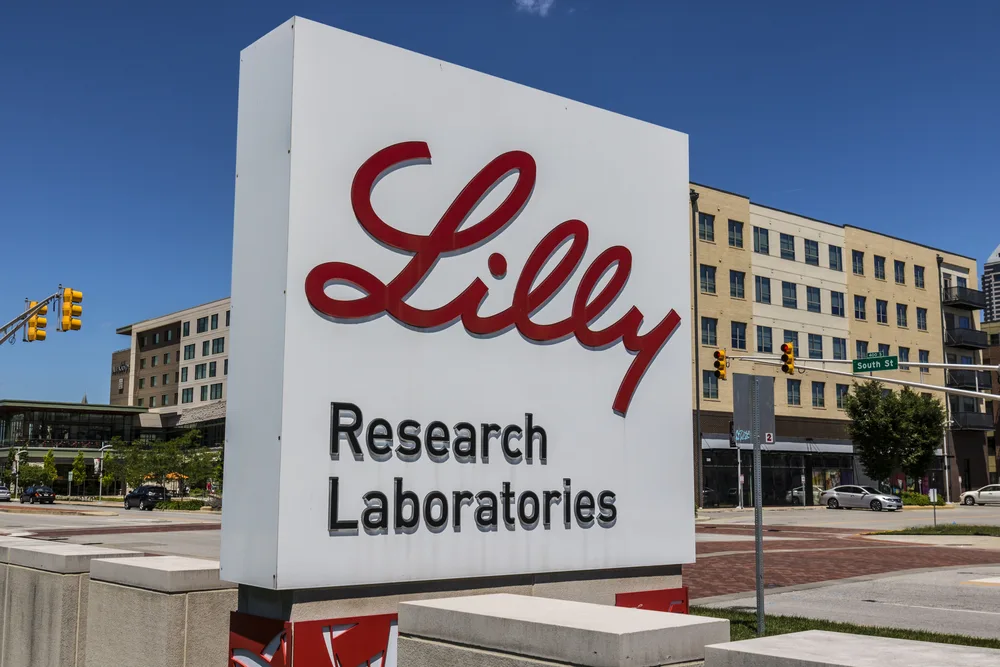KNOW YOUR BLOOD PRESSURE, TAKE CARE OF YOUR HEART

Hypertension, or high blood pressure, affects over 1.28 billion people globally and is a leading cause of heart attacks, strokes, and kidney failure. Usually asymptomatic, it’s called the “silent killer,” quietly destroying major organs over a period of time.
The lifestyle conditions such as inadequate diet, stress, and lack of physical activity are driving its increase, affecting almost one in three adults. On the 20th anniversary of World Hypertension Day, this year’s theme — “Measure Your Blood Pressure Accurately, Control It, Live Longer” — calls to mind that early diagnosis, precise monitoring, and lifestyle modifications are the components of longevity in heart health.
YOU ARE WHAT YOU EAT: THE DIETICIAN’S FORMULA TO KEEP BLOOD PRESSURE IN CHECK
“Your plate can either protect your heart or pressure it,” says Vibha Bajpaiee, Clinical Dietician at Aster Clinic, Bur Dubai (AJMC). “A diet low in salt, saturated fats, and processed foods, but rich in fruits, vegetables, whole grains, and potassiumrich foods, helps regulate blood pressure naturally. Steer clear of high-sugar drinks and too much caffeine. Eat home-cooked meals flavored with herbs rather than salt. Pay attention to food packaging — sodium can be hidden in foods. Hydration, portion size, and eating mindfully also are major factors. Add wise eating to consistent physical activity, and you have a powerful defense against hypertension. Remember, what you eat today can shape your heart health tomorrow.”
KNOW YOUR NUMBERS: WHY REGULAR BP CHECKS SHOULD BE YOUR DAILY HABIT
Dr Heba Tag Eldin, Specialist Cardiology at Aster Clinic, Halwan (Sharjah), says: “High blood pressure rarely shows symptoms, which is why regular monitoring is crucial.” “Measuring your blood pressure accurately at home or in a clinic helps detect abnormalities early, often before complications develop. Try to measure at the same time every day, when relaxed, and use a validated meter. Write down your readings to identify trends. Your numbers empower you to take control — through lifestyle measures or medication. Don’t wait for symptoms; prevention begins with awareness. Early action based on accurate readings can help you avoid long-term damage to your heart, brain, and kidneys.”

FROM SALT TO STRESS: BLUEPRINT FOR A HEARTHEALTHY LIFESTYLE
THE KIDNEY CONNECTION: HOW HIGH BLOOD PRESSURE WREAKS SILENT HAVOC
PRESSURE BUILDS SILENTLY: EARLY SIGNS YOU SHOULD NEVER IGNORE
PREPPING THE HEART: WHY CONTROLLED BP IS CRUCIAL BEFORE SURGERY
INSIDE THE OR: HOW SURGEONS HANDLE HYPERTENSION-COMPROMISED HEARTS
POST-OP & BEYOND: MANAGING HYPERTENSION AFTER CARDIAC SURGERY
Dr Srinivasan Kandasamy, Specialist Cardiology at Aster Hospital, Qusais, says: “Recovery from cardiac surgery doesn’t end in the hospital — it extends into daily life.”
“Managing blood pressure post-surgery is essential to protect your surgical outcomes and prevent recurrence. Take your medications as instructed, follow-up as directed, and eat a low-sodium, heart-healthy diet. Gradually resume physical activity as instructed by your doctor. Monitor your BP regularly and be alert to symptoms such as swelling, tiredness, or dizziness. Mental health counts as well — treat anxiety or depression, as these conditions can influence your BP. With consistent effort, many patients achieve better blood pressure control post-surgery than before. Longterm success lies in disciplined, proactive care.”

